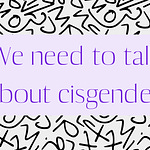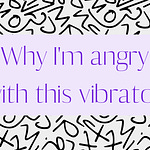Hello again.
It’s been a while, hasn’t it? When I told you I was taking a little break from the newsletter I thought it was going to be about two weeks. It’s now been well over a month. Turns out I was thoroughly spent, not just from crowdfunding but from a year of trying to be creative in isolation, trying to hustle in a pandemic, trying to draw energy …










